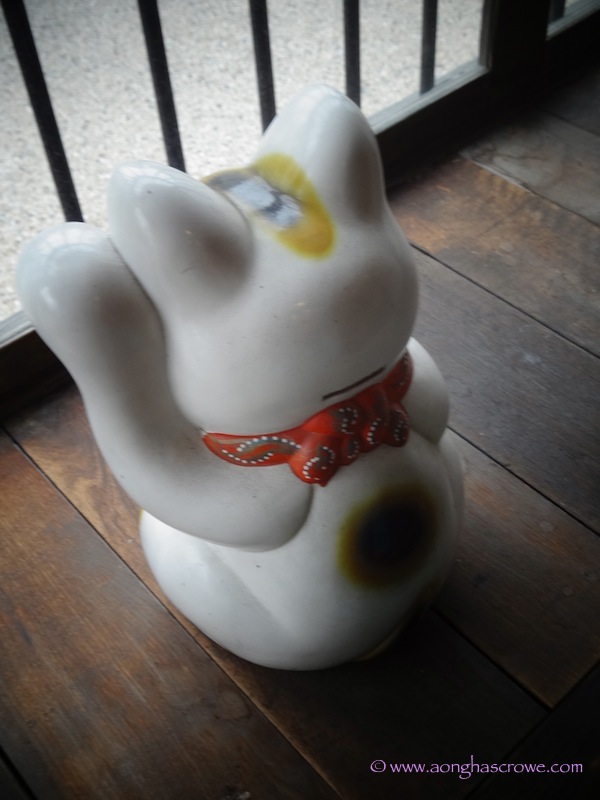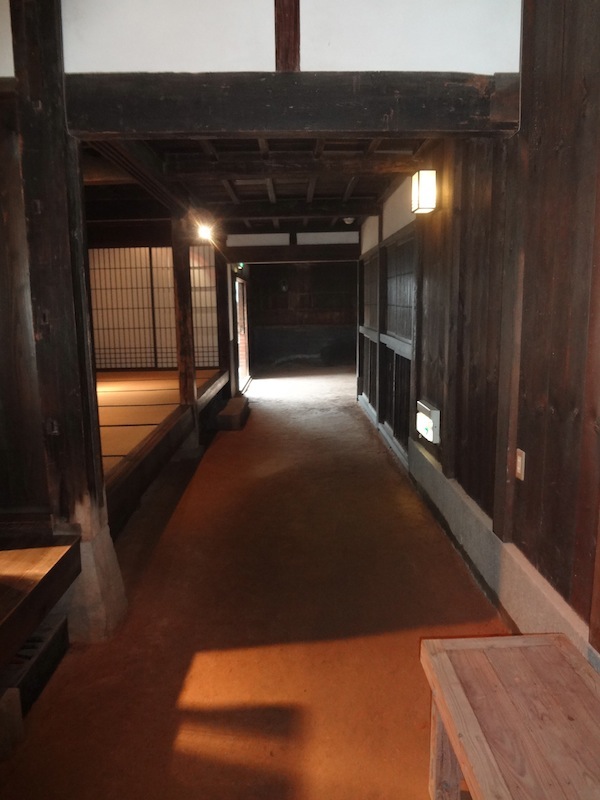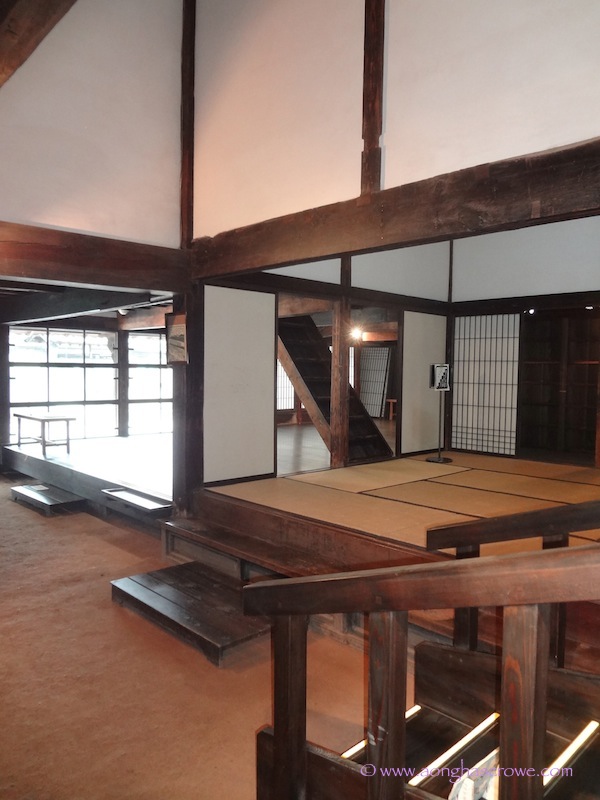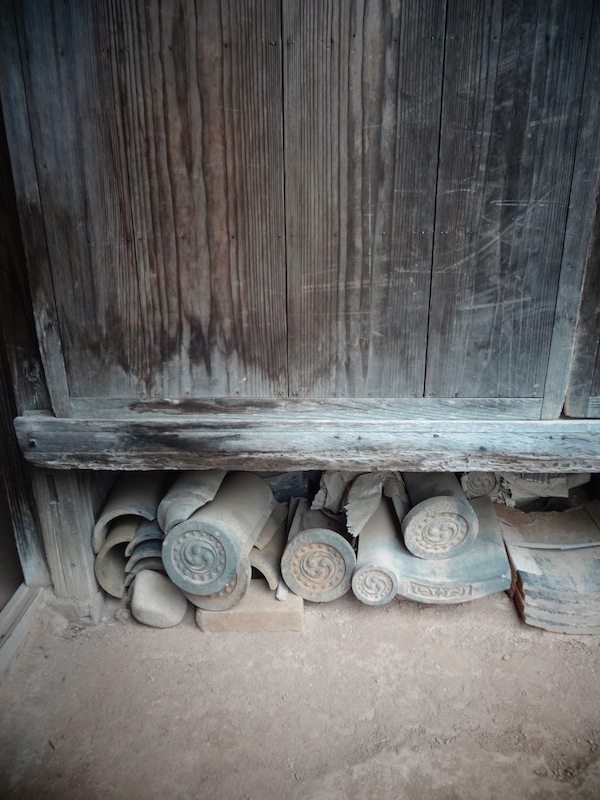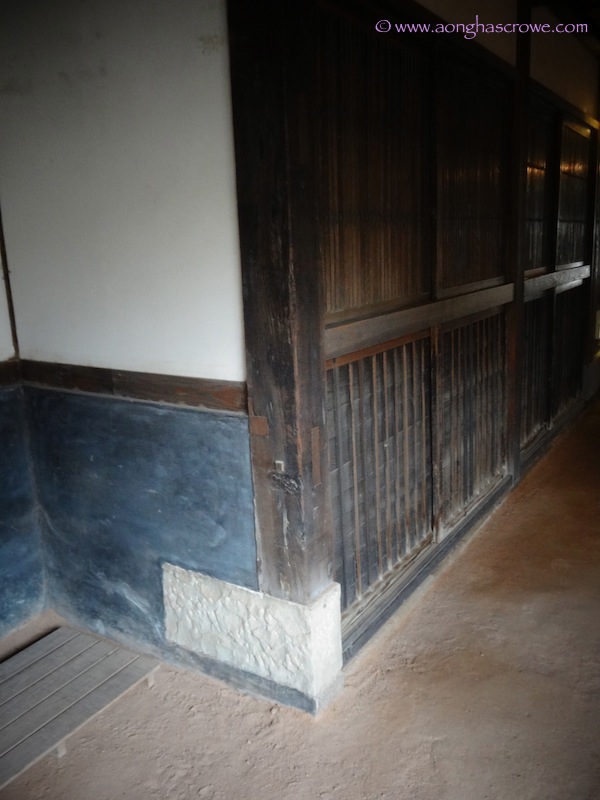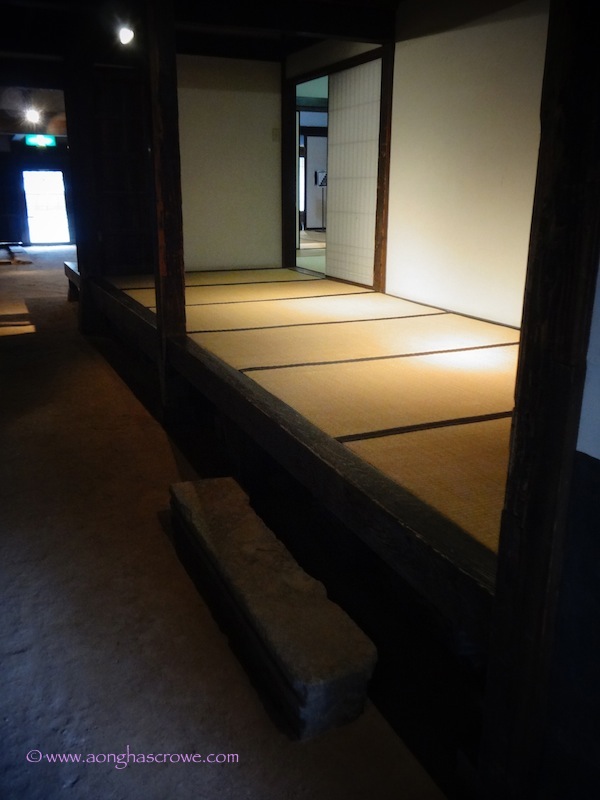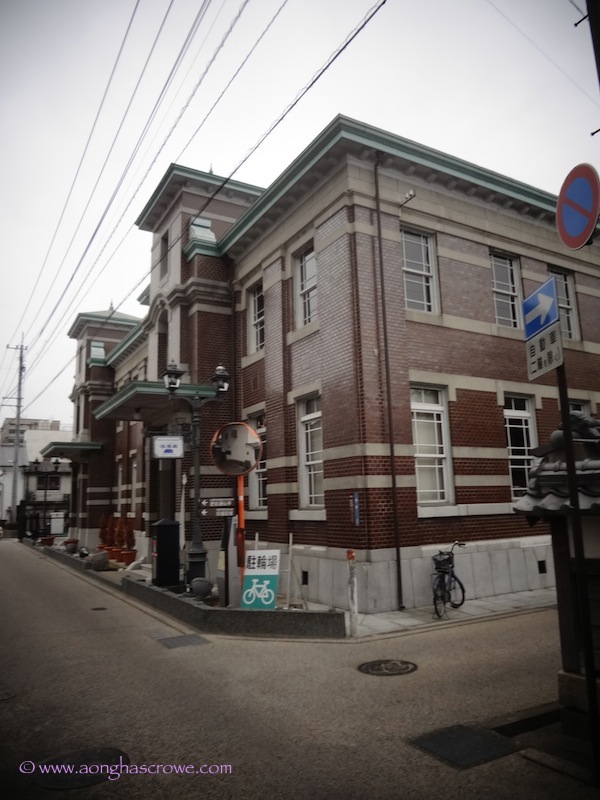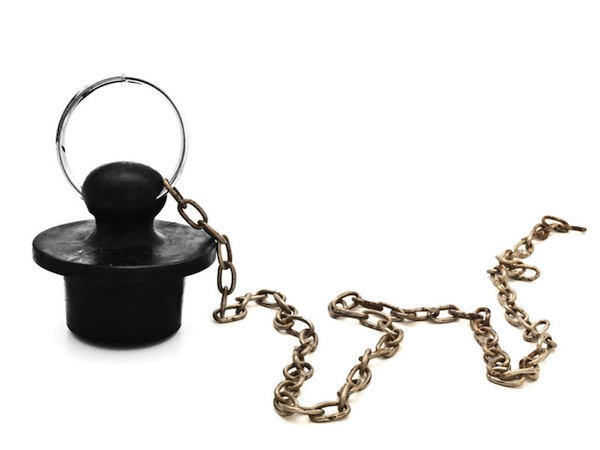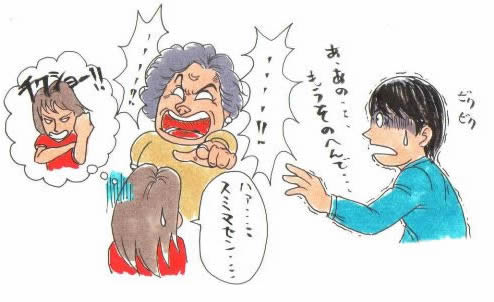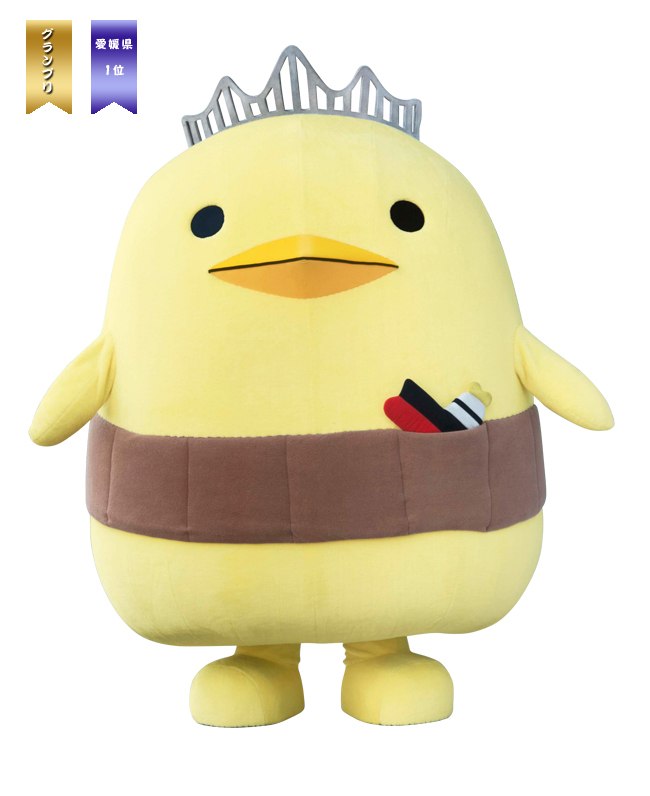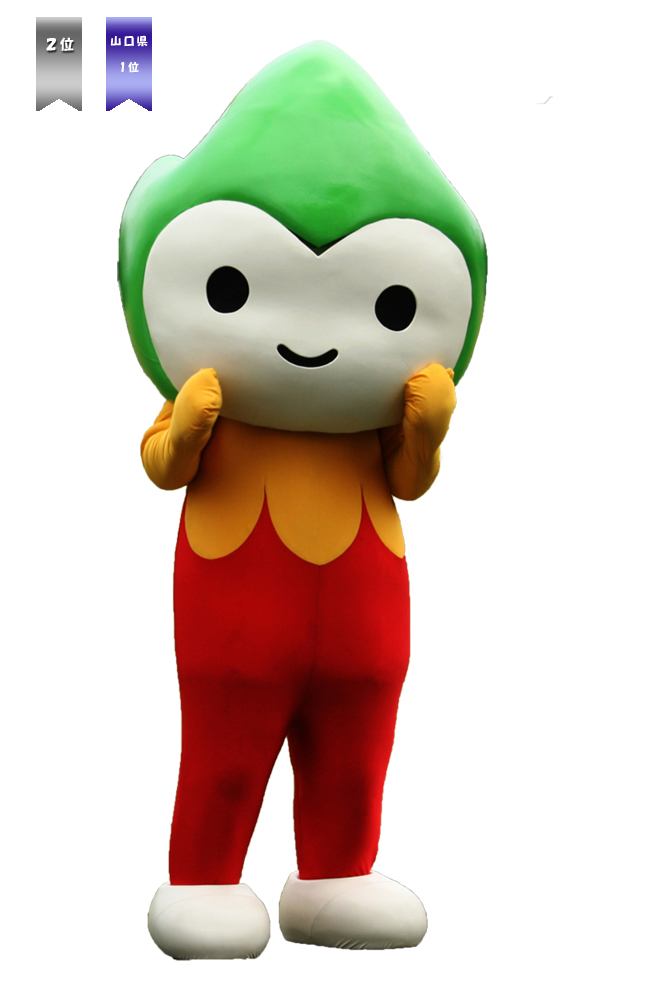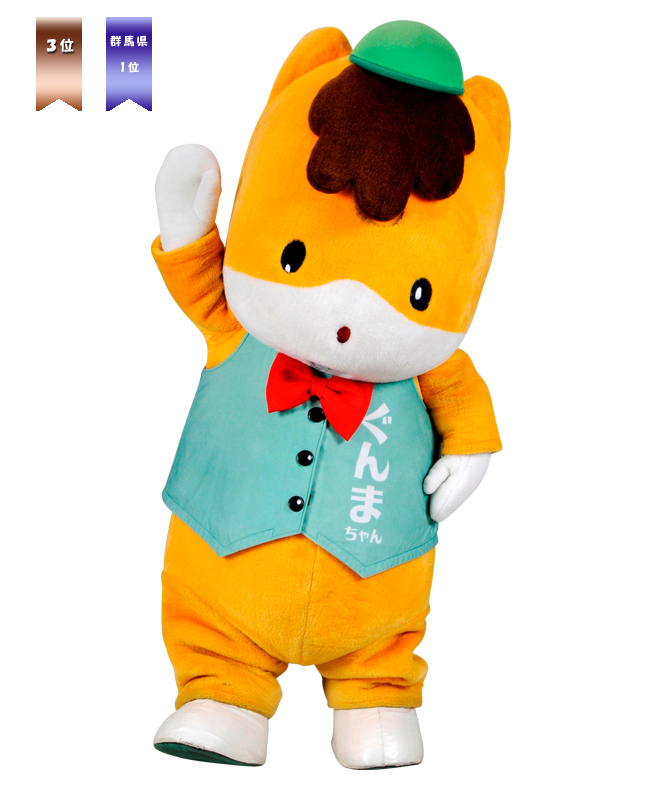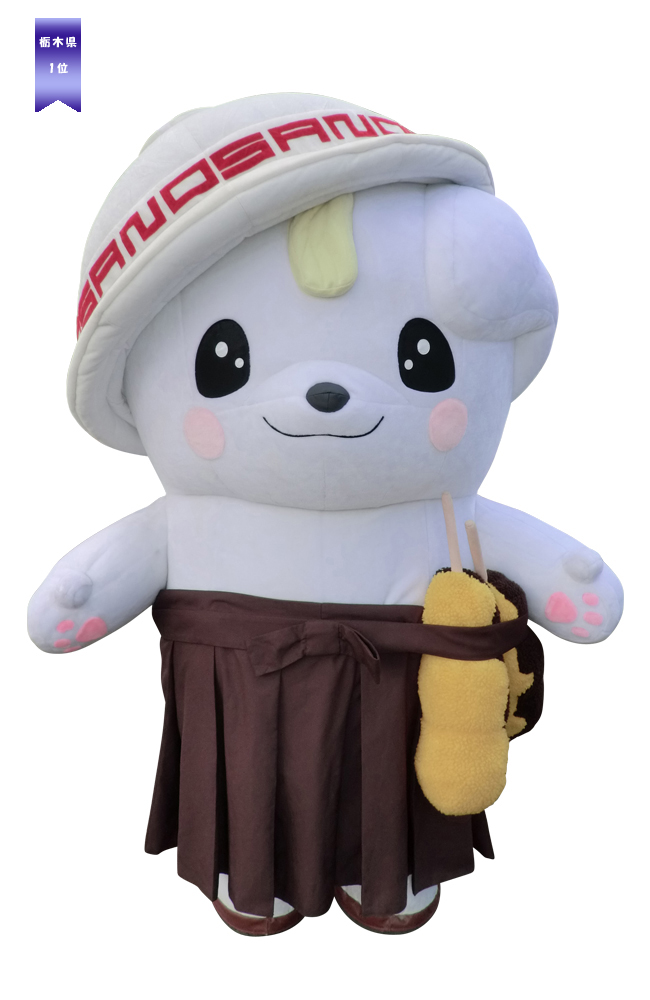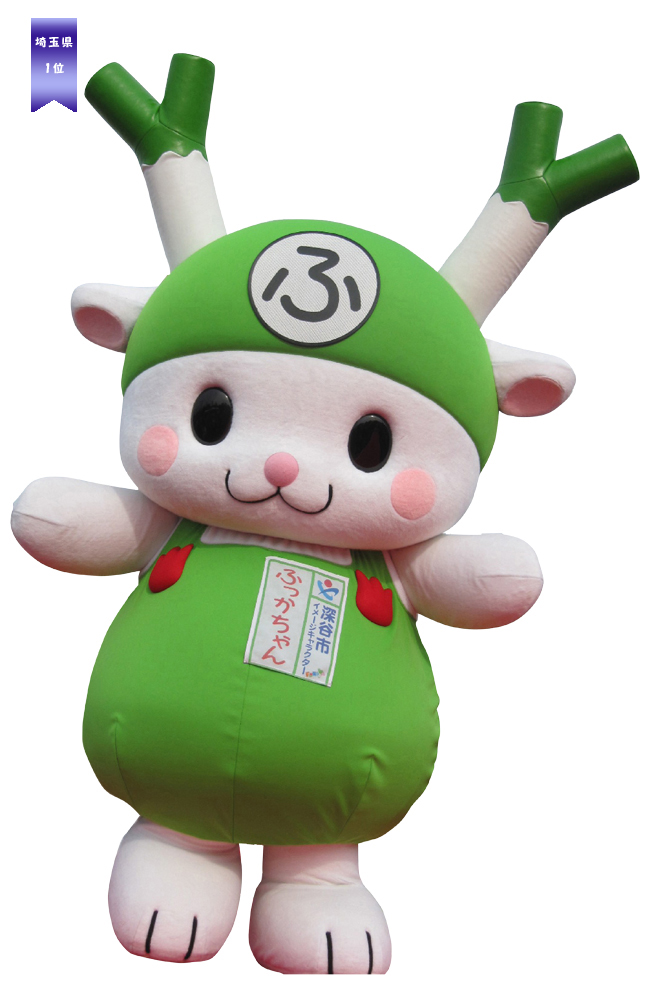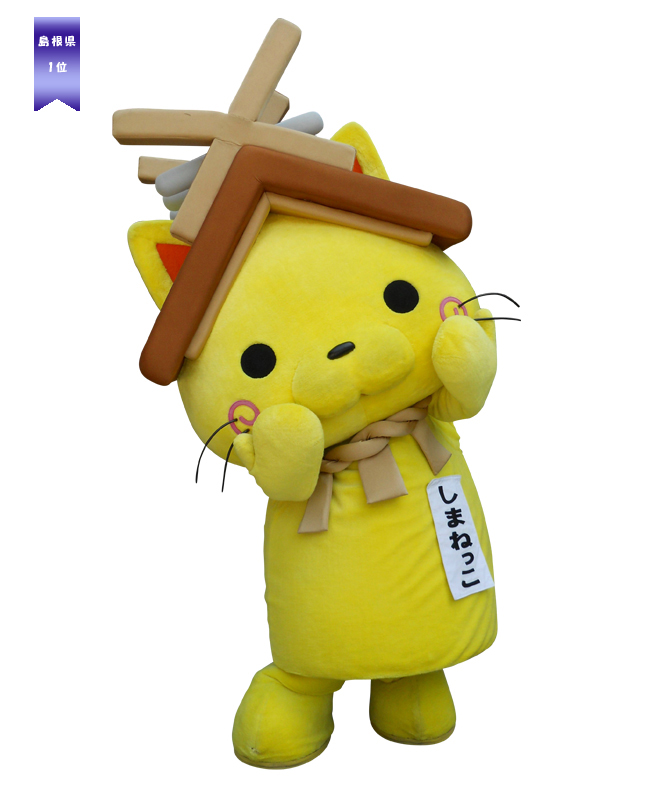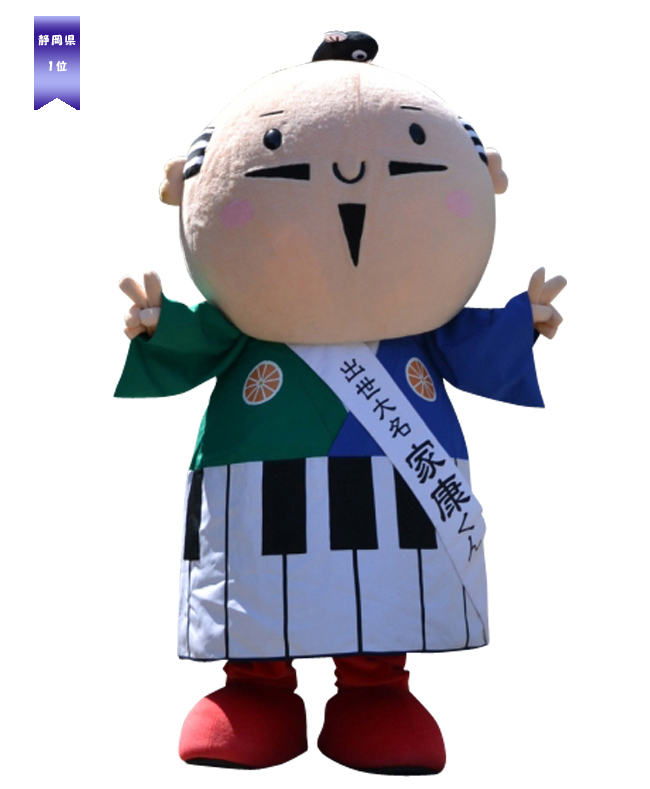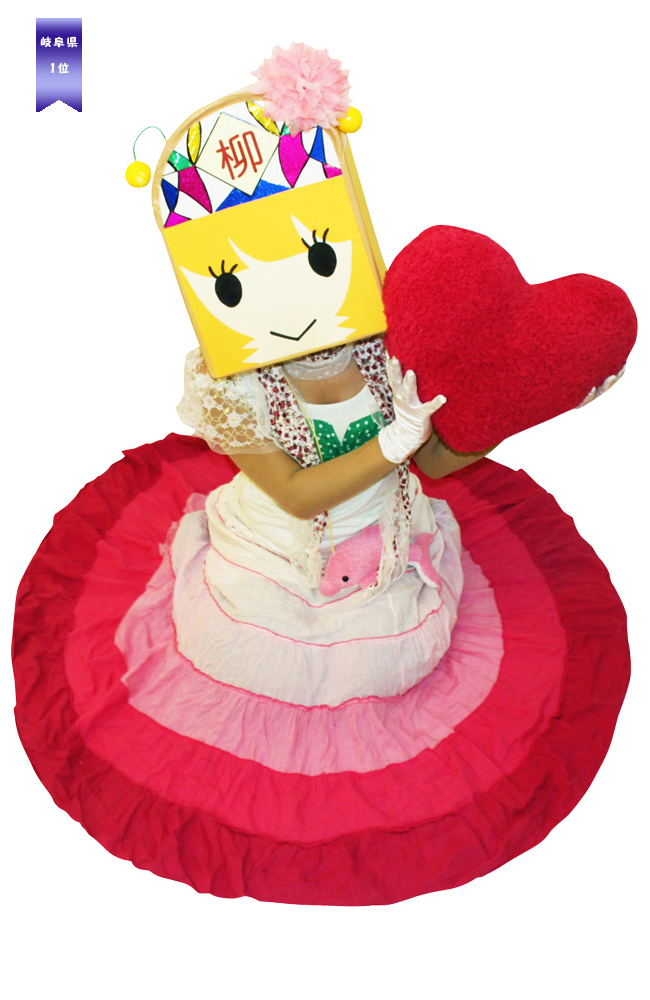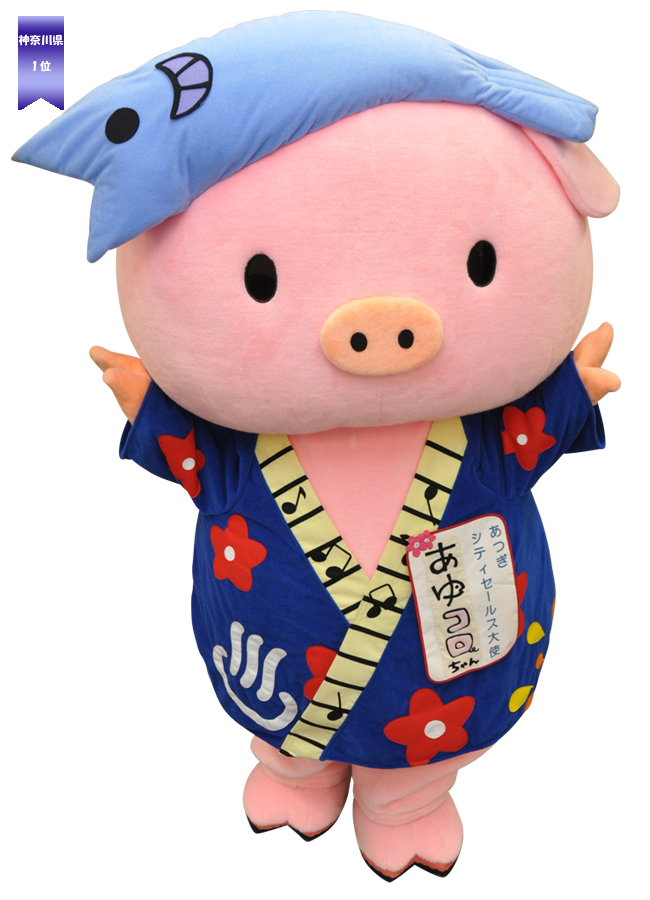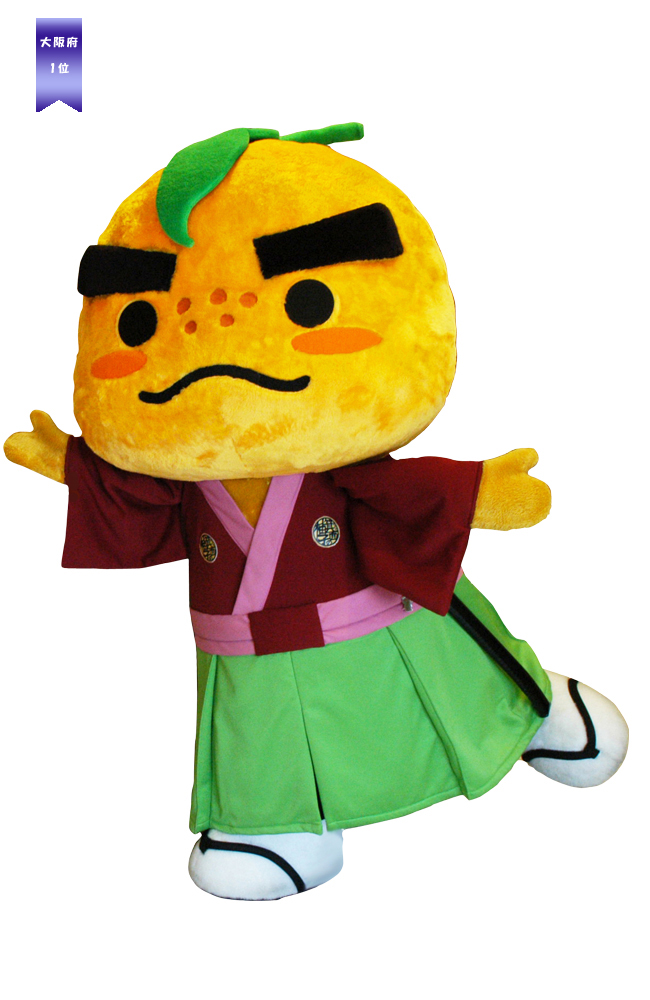 Imagine traveling to New York. You hail a yellow cab, and as soon as you settle in for the ride, the driver asks, "Where are you from?" You tell him you're from Japan, something that excites him and makes him want to ask you all kinds of questions.
Imagine traveling to New York. You hail a yellow cab, and as soon as you settle in for the ride, the driver asks, "Where are you from?" You tell him you're from Japan, something that excites him and makes him want to ask you all kinds of questions.
"How long you here?"
You reply that you're only there for the week. So far, so good.
Then, for no reason whatsoever, he says something like, "So, how do you like hot dogs?" or "Can you use a knife and fork?" If he weren't sincerely curious, you might think he was trying to get a rise out of you.
You answer that you don't care much for hot dogs, but love the hamburgers here, and that you have no problem handling a knife and fork.
He praises your poor English, by telling you its perfect, like a native’s in fact, which you know is definitely not true, then he asks whether you have a hard time keeping your glasses in place with such a flat nose. And so on.
Would you be offended? Irritated? Or, amused?
Now, imagine yourself having this conversation on a daily basis for years and years and years.
I’ve been living here for two decades now and I still can't understand why Japanese when given the opportunity to speak with a foreigner for the first time end up asking the same stupid questions. Some of these questions are admittedly reasonable, even questions I might be inclined to ask. These include “Where are you from?” and “How long have you been in Japan?” Other questions offer the potential for deeper conversation and communication, such as “What do you do in Japan?” or “Why did you come to Japan?” Yet, oddly enough most people who ask these broader questions never seem to be expecting much more than a one sentence long answer. One of the odd bits about this second question, incidentally, is that you get the feeling that the person asking the question couldn't imagine why anyone in their right mind would want to visit, let alone live in, a country such as Japan where people work too hard and live in cramped uncomfortable homes.
I haven't got much problem with those questions, and I doubt most other foreigners do either, except that they probably get tired of answering them, day-in, day-out, week-in, week-out. No, the thing that always makes me scratch my head is those questions which are, for lack of better words, just plain strange or out of place: Do you like sushi? Can you use chopsticks? and so on.
To be fair, the questions are innocent and may address a certain curiosity on the part of the person asking, but what has always struck me as strange is the total lack of context in which these questions are asked.
Why do taxi drivers insist on asking whether I can use chopsticks? Is he going to offer me something to eat? Is this a regular service that taxi drivers provide? It would begin to explain their high fares. Unfortunately a free meal never comes with the ride.
Context. If you were serving dinner to a foreigner or suggesting a place to eat, it might make sense to check first if he liked sushi before making reservations. When setting the table it would be helpful to make sure that the foreigner could use chopsticks. But in a taxi, or in a park, or in a bar—which is where I am often asked these questions—there is such an utter lack of context as to make the encounter feel almost surreal. I don't know how many times I've been asked whether I like sushi or can use chopsticks but after over twenty years living here it must number in the thousands.
My question for you, the people of Japan, is this: Why are you so eager to know these things? Do they keep you awake at night? Do you lie in bed wondering, "Do foreigners like sushi? Can foreigners use chopsticks?" It's not hard for me to imagine a third of Japan's population lying awake at night contemplating these mysteries. Perhaps this is why Japanese have won comparatively few Nobel Prizes[1]. Imagine the things they could be thinking about instead!
To be fair, I didn't really mind the repetition of these questions during my first two years here. It certainly helped me learn the language. Each time I was asked, the better, more fluent my answer became and the sooner I could get onto the next question. It was as if I was going through an obstacle course and had to clear several hurdles before I could get into the meat of the conversation. Unfortunately, once I had leapt over all those hurdles, there usually wasn't much meat to be found, just a plate of sushi and someone asking me if I could eat it.
By my second year, I was able to put my mind in neutral for the first ten minutes or so of a conversation and coast effortlessly down the hill, never really having to listen to the questions:
Japanese Person: おく . . .
(Where y...?)
Me: アメリカです。
(I'm from America.)
JP: 日本は . . .
(Have y...?)
Me: はい、もう10年間以上。
(Yes, more than ten years.)
JP: お上 . . .
(Your Japanese . . .)
Me: いいえ、そんなことないです。
(No, it's nothing of the sort.)
JP: やっぱ、向こうに . . .
(I suppose, if a person goes over there an... )
Me: さあ、人によって、勉強しないとうまくならない。
(Depends on the person. If you don't study you won't improve no matter how long you live in a country.)
JP: にほ . . .
(Do you l...?)
Me: はい、とても。大好きです。
(Yes, very much so.)
JP: あっ、それを聞いてとても . . .
(Ah, that makes me very . . .)
Me: うれしいですよね。
(Happy to hear that, yes. )
JP: す . . .
(How about s...?)
Me: 好かん。
(Hate the stuff.)
JP: あらら
(Oh, that's too b...)
Me: でも、他の食べ物は大好き。すき焼きとか鍋物とか煮物とか焼き鳥など。
(But, I love other kinds of Japanese food. Sukiyaki, nabemono, nimono, yakitori, and so on.)
JP: おは . . .
(And chop...?)
Me: は問題ないですね。
(Not a problem.)
And, the better my Japanese became, the more I was able to joke around with people, but the jokes started coming off as a bit jaded. You learn quickly that nobody, not even the Japanese, care much for a smart arse.
Japanese Person: 日本はながいですか?
(Literally means how long is Japan, but most people use this phrase to ask someone how long they've been in Japan.)
Me: はい、やく3000キロぐらい。けっこう長い国です。
(Yes, it is. About 3,000 km. It's a rather long country.)
The best solution I came up with was to create different odd-ball personalities that were intriguing enough to promote further questions, but answer them with such a poker-face that few people ever challenged my veracity. One thing the Japanese can be both praised and criticized for at the same time is their gullibility. Their politeness prevents them from confronting people even if they think the person is pulling the wool over their eyes, and their naïve insularism makes them nearly capable of believing just anything a stranger tells them.
Japanese Person: Where are you from?
Me: Yemen.
JP: Yemen?
Me: Yes, near Oman.
JP: Oman?
Me: Yes, Oman.
JP: Never heard of it.
Me: No?
JP: What do you do?
Me: I'm a camel jockey.
JP: No kidding!
Me: No kidding.
JP: Why are you here?
Me: Exposition at the Dome.
JP: Really?
Me: Really.
The point was to offer something the person would never expect to hear. Japanese are so used to giving the same answers that never quite reveal much. Ask them what they do and they’ll reply unhelpfully, “I work for a company.” What's the point in asking a question if that's the lousy kind of answer you're going to get? How do you start a conversation with someone so parsimonious with information?
Japanese Person: American?
Me: No, I’m from Lichtenstein.
JP: Lihi . . .?
Me: Lichtenstein.
JP: Is that a country?
Me: Yes, a small one.
JP: Never heard of it.
Me: No?
JP: Where is it?
Me: In Europe. Between Switzerland and Austria.
JP: What do you do?
Me: I'm a camel jockey.
JP: No kidding!
Me: No kidding.
JP: In Europe?
Me: It’s a very dry part of Europe.
JP: Why are you here?
Me: Exposition at the Dome.
JP: Really?
Me: Really.
I suppose that it is inevitable that Japanese who are normally not very good at dealing with foreigners would freeze up and then start rattling off the first silly questions that came to mind. A little stage fright can't be avoided. But, please don't let your inner fool take control. Breathe in deeply, exhale slowly, and calm down. Ask questions you are genuinely interested in knowing the answer of, but be careful not to be too intrusive, or too curious about things that might be considered private. Ask yourself if you would mind a stranger asking you similar questions. If you would feel awkward, chances are the foreigner you are trying to engage in conversation might also find it irritating.
Secondly, introduce something often lacking in so many of these conversations: context. So many of the questions that are posed come right out of the blue. If the point of starting up a conversation is to have a conversation then try to coax the conversation in a direction that will produce that effect. A random list of questions probably won't get you anywhere. Input a bit of yourself into the conversation, don't just act like a reporter interviewing someone famous, give a bit of yourself so that the foreigner will be interested in knowing something about you. Only then will you be able to discover a common point of interests that will allow your curiosity develop into the beginnings of a friendship.
[1] I originally wrote this piece in 2004 when Japanese had only won 13 Nobel prizes. A small number when you consider Japan's population and economic strength. Since then, there have been seven more Nobel laureates from Japan. Good job!
 Monday, January 14, 2013 at 9:43AM
Monday, January 14, 2013 at 9:43AM
